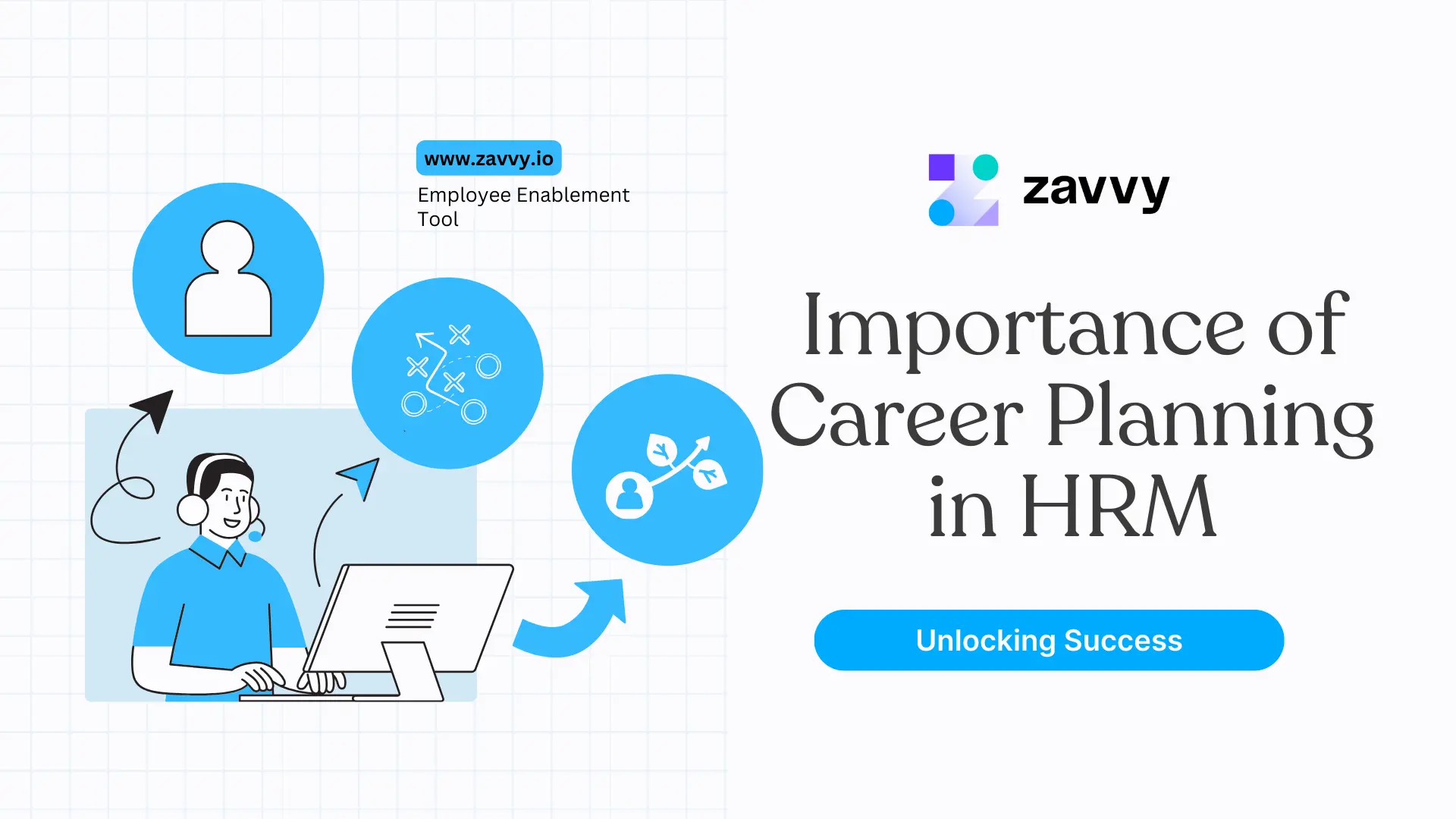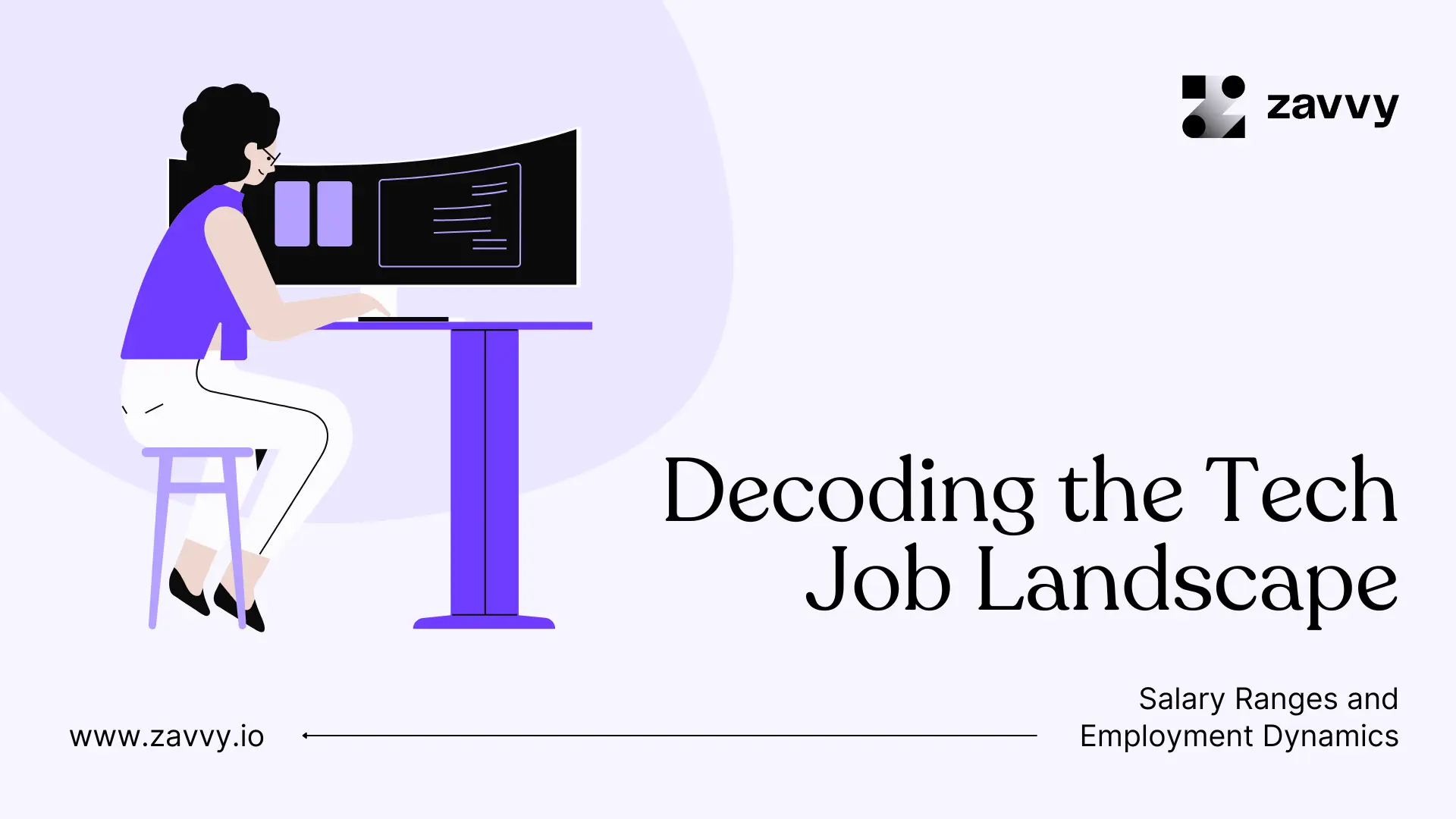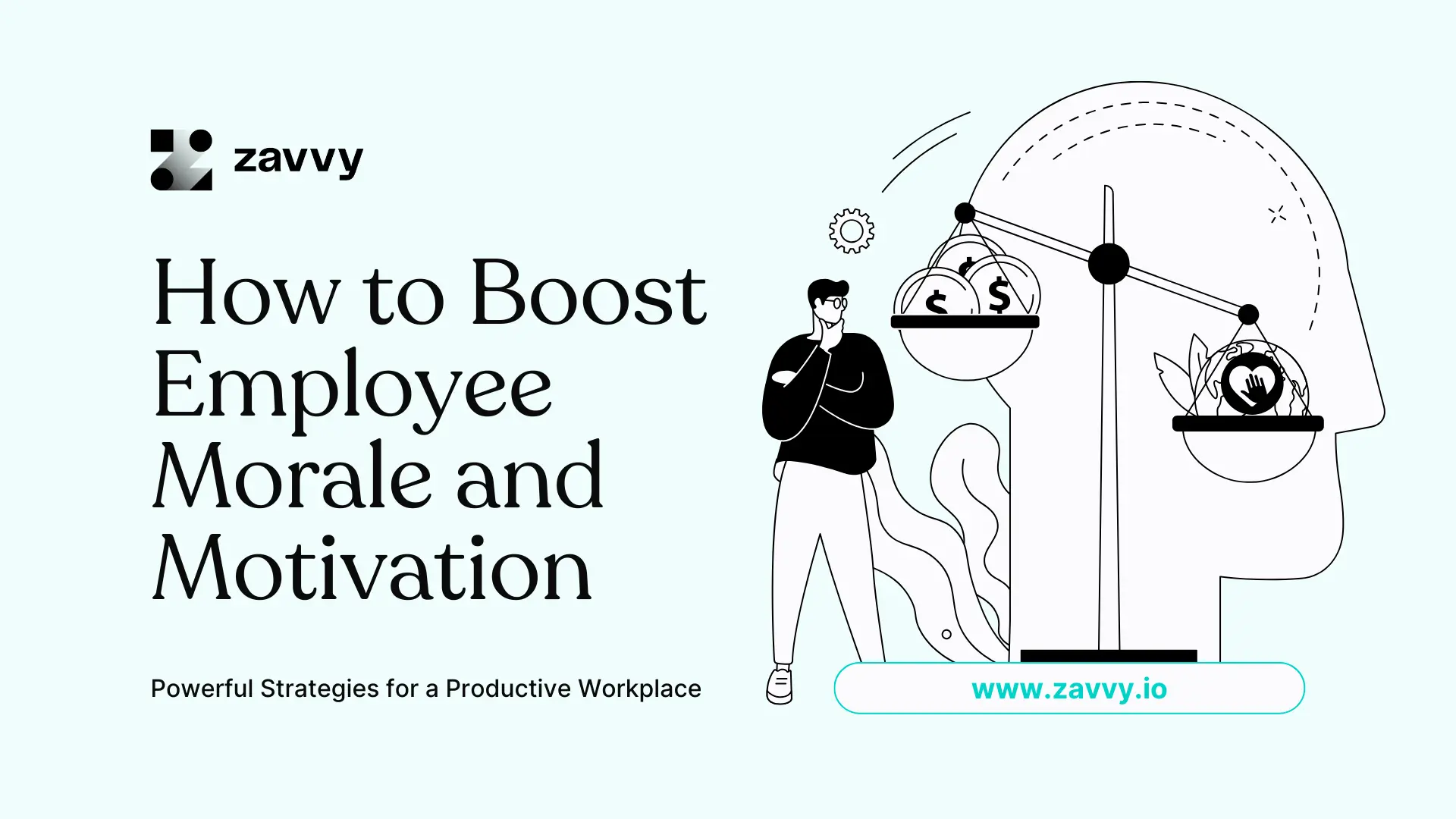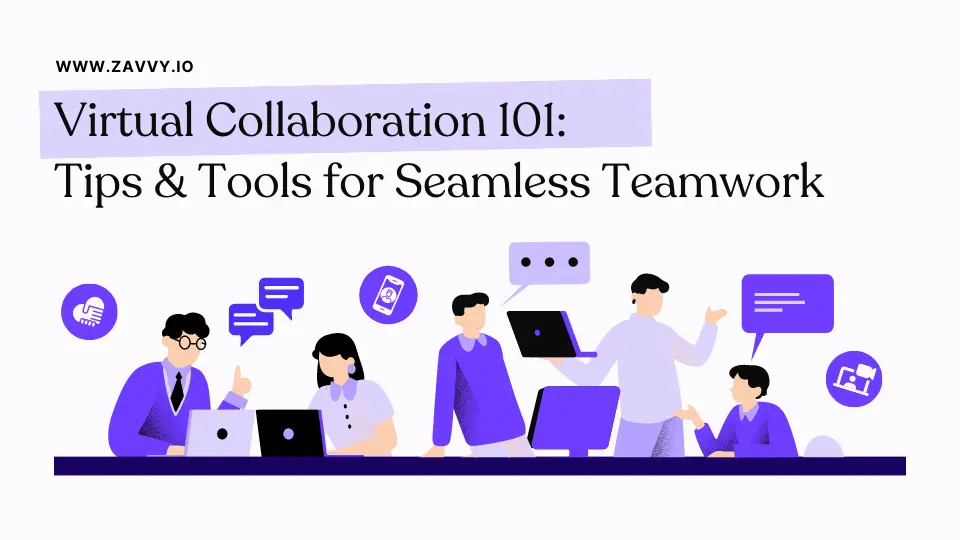
70+ Best Performance Review Questions for Your Next Evaluation
Zuletzt aktualisiert:
28.12.2023
Lesezeit:
10 minutes
última actualización
28.12.2023
tiempo de lectura
10 minutes
Last updated:
December 28, 2023
Time to read:
10 minutes

But without the right questions, the performance review process can feel like a waste of time.
Bluntly put, your performance review will fail if the questions aren't relevant – no matter how motivated your team is.
But do you struggle to identify the right questions to ask?
We've got you covered with this article.
Find 70+ of the best performance review questions to help you turn your employees into peak performers and make your performance review process more impactful and rewarding.

❓28 Performance review questions to drive employee performance
Here's our vault of employee review questions. Enjoy!
📊 Overall job performance questions
- How did you contribute to reaching the current company goals?
- How well did you meet deadlines?
- How would you estimate your time management skills and their impact on your overall performance?
- Do you have what you need to perform at your best?
- What do you hope to achieve before our next performance review?

💪 Employee strengths questions
- What's one example of when you contributed positively to the company culture?
- What type of projects do you excel at?
- What do you enjoy most about the work you do?
- What among your various tasks comes easiest to you?
- What skills do you think makes you a valuable employee?
Focusing on an employee's strengths gives a positive touch to performance reviews. However, research also shows that focusing on strengths will improve performance more than focusing on weaknesses.
💪 Learn how to run strength-based performance appraisals and why your entire organization will benefit from this approach.
🧐 Questions for areas of improvement
1. Considering your role, your strengths, and our team most important goals, what should you focus on the most in the coming months?
Motivation: This is a more positive way of highlighting where there's room for improvement. Since it includes the word "my strengths," it is more motivating than focusing on what went wrong.
2. What are you committed to doing differently next year?
Motivation: By focusing on change and forward movement, this question creates awareness around necessary behavior changes in a more positive way.
3. Which goals fell short and why?
4. How can we support you to help you reach your goals?
😔 Employee weaknesses questions
1. What impact do you believe your development areas have on your current work?
📡 Note: This is a question we've borrowed from Cisco. Copy Cisco's feedback process – we offer you a step-by-step guide.
2. What do you think are some possible areas to improve?
3. What can you do differently in the future to avoid repeating mistakes?
🔮 7 Current and future career outlook questions
1. Are you happy with your current role? Do you feel motivated?
Motivation: A question that assesses job satisfaction and how lack of motivation could be tied to daily tasks.
2. What do you like the least about the job responsibilities in your current role?
3. What would you change in your current position?
Motivation: To pinpoint areas of employee enablement and potential new career paths.
4. What would you want your next position in this company to be? How would your responsibilities change?
Motivation: To check their desired career path and what support and training they'd need to get there.
5. What are your personal and professional goals?
Motivation: It can be easy to assume everyone wants a promotion. Some employees may be happy with learning a new skill, joining a project, or getting a mentor – something this question will help clarify.
6. What do you hope to do in the company in the next year? Five years from now?
7. What do you hope to accomplish during the coming year/evaluation period?
👨💼 Questions on the manager-employee relationship
- What concerns do you have about giving me feedback? How can I alleviate them?
- What's your preferred way of receiving feedback/getting acknowledged for your work?
- What do I do that helps you perform better? What could I change to support you further?
- What suggestions do you have for me to evolve as a leader?
Check our guide for ensuring a better performance review conversation.

🏢 Mid year review questions
Mid-year evaluations are crucial for checking in on progress, addressing any challenges, and recalibrating goals for the rest of the year.
These reviews ensure that both employees and their managers are aligned and can proactively address any potential issues.
- What are your most notable accomplishments so far this year?
- Are there any obstacles or challenges you've faced in the past few months? How did you address them?
- How are you progressing towards the goals set at the beginning of the year?
- Is there any additional support or resources you need to achieve your goals for the rest of the year?
- How do you feel about your current working relationships with peers, subordinates, and superiors?
- Have there been any changes in your role or responsibilities in the last few months that we should discuss?
- Are there new skills or knowledge you've identified as necessary for your role or professional development?
- How do you feel about the resources and tools available to you? Are there any additional tools or resources you believe would benefit your work?
- Are there any company changes or events that have impacted your performance or perspective?
- Looking ahead, what do you hope to achieve or focus on in the next six months?

📆 Annual review questions
The best questions for annual reviews strike a balance between reflecting on the past, assessing the present, and planning for the future.
- What do you consider your greatest accomplishments this past year?
- In which areas did you feel you excelled, and where could you have done better?
- Were there goals you set at the beginning of the year that you did not meet? If so, what were the challenges?
- How would you describe the feedback you've received from team members, peers, and clients over the year?
- How do you feel about your current working relationships with peers, subordinates, and superiors?
- What new skills or knowledge did you acquire this year, and how have they impacted your work?
- Where do you see gaps in your current skill set or knowledge that you'd like to address?
- Reflecting on the past year, what would you like to achieve in the upcoming year?
- How do your personal career and personal goals align with the company's objectives?
- How can we support you in achieving your career goals?
- How do you feel about your work-life balance over the past year? Are there areas you'd like to improve?
- Do you have any feedback for the management or HR department to improve the annual review process?
🏆 9 Best performance review questions you shouldn't skip on
1. What motivates you to get your job done?
Motivation: This question encourages employees to become aware of how motivation contributes to their performance.
2. What accomplishments are you most proud of during the last evaluation period?
Motivation: Instead of asking, "are you happy with your performance" this formulation invites reflection and asks employees to come up with concrete examples to motivate their response.
3. [Peer-to-peer or Employee-Manager] What unique strength have you noticed in your peer?
Motivation: People tend to be unaware of their strengths and need them mirrored back to fully leverage them.
4. What strengths do you feel you haven't got to use yet in your role?
Motivation: With this question, you'll identify untapped potential benefiting your employees and company!
5. [Peer-to-peer] How would you describe your peer to a friend?
Motivation: Sometimes, more "casual" questions can help remove pressure and have employees speak more freely.
6. [Upward feedback] How do you evaluate your manager's capacity to listen, make decisions, and motivate the team?
Motivation: These are some of the essential qualities of a manager.
"You just need to equip your managers with effective questions that remove the personal element and get to the heart of what high performance looks like.
Here are my personal favorite:
1. Is my direct report ultimately freeing up my time or making my job harder?
2. If I were to open the role today, knowing what I know now about my direct report’s performance and ability, would I hire them again?
3. What would happen if my direct report turned in their resignation today? Would I panic or be relieved?" Melanie Naranjo, VP of People at Ethena.

💬 10 Performance check in questions
Performance check-ins are more frequent, less formal, and aimed at fostering continuous dialogue between managers and employees.
Here are ten questions that promote constructive feedback and ongoing professional development:
❓ What's been the most significant learning experience for you in the past few weeks, and how have you applied it?
This question promotes a culture of continuous learning and self-awareness.
❓ Are there any obstacles or challenges you're currently facing that might impact your projects? How can I help?
This shows support and offers immediate assistance.
❓ Thinking about our team's current important goals, what's one thing you believe we could do differently or improve upon?
Encourages proactive thinking and ownership.
❓ Have you received any feedback, positive or negative, from colleagues or clients recently that you'd like to discuss?
Promotes transparency and addresses feedback before it becomes an issue.
❓What's one skill or competency you'd like to grow and develop further? How can we support you in this?
Focuses on professional development opportunities.
❓ Considering our current workflow, are there processes or tools you believe could make your work more efficient or effective?
Aims at continuous improvement and values employee feedback.
❓ Can you share a recent collaboration or teamwork experience and what you learned from it?
Reinforces the importance of teamwork and collaboration.
❓ Is there a recent accomplishment or milestone you achieved that you're particularly proud of?
Provides an opportunity for self-recognition and boosts morale.
❓ How do you feel about your current work-life balance, and is there anything we can do to better support you?
Highlights the importance of mental well-being and overall job satisfaction.
❓ Looking ahead, are there upcoming projects or responsibilities you're particularly excited about or that you'd like to take on?
Empowers the employee to shape their career path and take on roles they're passionate about.

💼 13 Best performance review questions for assessing managers
Is your manager present, attending meetings, and modeling strong work ethics? Please give examples.
Motivation: Research on what makes great or terrible managers has shown that employees view these qualities among the most important for a competent manager.
Are they enthusiastic and passionate about the work?
Motivation: A team is only as motivated as its manager. One of the manager's duties is to lead by example and motivate the employees to do a great job – from within rather than imposed.
Are you satisfied with the amount of feedback you get? If not, how would you like it to change?
Motivation: Many times, employees might want more feedback. At the same time, managers are prone to reduce feedback to allocate time to productive work. So, clarifying your people's expectations over receiving feedback is important.
Does your manager clearly communicate team goals?
Motivation: Clear communication is another crucial quality in a manager.
What are the top 3 things your manager could do to make your work easier and more fun?
Motivation: Fun is one of the greatest motivators! This question requires a concrete answer, which provides invaluable feedback for the manager to improve.
When have you observed your manager at their best? Under what circumstances?
Motivation: This question can be a confidence boost encouraging employees to do more of what they're good at.
How well does your manager adapt to changing priorities and business goals?
Are they seeking to stay objective in conflicts and get more information before jumping to conclusions?
Do they reward and celebrate employee wins?
- What would you recommend your manager keeps doing?
- Any tips on how your manager could improve?
- Give an example of a specific situation your manager handled well.
- Give an example of an area where your manager could improve.
- Does your manager show kindness and compassion towards others?
💼 Check out our additional feedback questions for leadership for more inspiration.
🕵️♀️ What kinds of questions should you include in your performance reviews?
A well-rounded performance review contains a mix of quantitative and qualitative questions. Collecting qualitative data gives a more comprehensive assessment of an employee's performance. Plus, it strikes a balance between feedback related to profit and people – the hard and soft skills.
More specifically, qualitative data helps to identify specific behaviors or skills that may contribute to a particular area of success or difficulty. Plus, quantitative data can help indicate how significant the problem or opportunity is regarding overall performance or impact on the organization.
A great example is Netflix – they run performance reviews with a performance-driven focus. They don't measure performance for measurement's sake but to learn and take action.
In addition, employees are encouraged to "give [qualitative] feedback to as many colleagues as they choose at any level in the organization - not just direct reports, line managers, or a few teammates who have invited input." Reed Hasting, No Rules: Netflix and the Culture of Reinvention.

The kinds of questions you should include in a performance review are:
Self-review questions. Self-evaluation is a crucial element in any performance review. It helps employees reflect and promotes individual accountability and responsibility.

Questions for downward feedback (manager-employee). Downward feedback is probably what most people associate with performance reviews.
Feedback from managers to employees is relevant since it is a foundation for promotions and salary negotiations.
- Company values
- Core competencies
- Alignment with goals
- Personal growth
- Communication
- Motivation
- Quality of work
- Problem-solving skills
Upward feedback (employee-manager). As the saying goes, good employees leave bad managers.
Upward feedback is thus a crucial part of the performance review process. Learning what people think about their managers can help you take proactive steps toward reducing employee turnover.
Peer feedback. Peer feedback helps understand how well the employee collaborates within the team. Colleagues often have more accurate insight into each other's daily work performance, communication, and collaboration skills than managers.
🧑🤝🧑 Check out 55 sample employee peer review questions.
💡 7 Reasons why asking the right performance review questions matters

Why performance review questions matter to employees
Ensuring fairness and objectivity are crucial for your performance reviews. Asking the right questions can ensure that.
You need to ensure employee evaluations link to their performance – not their relationship with the manager or colleagues, how much they talk, or who has the bubbliest personality.
The right questions help employees self-reflect and uncover opportunities for improvement. That's why we recommend frequent reviews that illuminate problems early and help guide the necessary actions.
Employees may feel more motivated to do a great job when they know the questions in the performance review will illuminate their results.
Why performance review questions matter to managers
When you have the right questions to ask in a performance review, you can quickly discover the strengths of the reviewee – which your teams can use to their benefit.
For example, someone with mentorship skills can become a new-hire mentor.
However, without proper performance reviews and relevant questions, it can be easy to miss this valuable insight.
The right questions help ensure transparency and align employees with company goals.
Performance review questions for employees reveal professional growth opportunities and training needs.
For example, if many employees score low in an area, you might want to prioritize group training. Or, if one employee gets constructive feedback from multiple people about one particular aspect, you'd consider arranging individual training. Pro tip: an employee enablement platform makes it easier to tailor your training programs to support the professional growth of each employee!
Why performance review questions matter to organizations
Successful performance reviews are a way of investing in your people.
Nowadays, people are the real estate of businesses. If you don't care about your employees, they will leave for your competitors.
When you ask the right performance review questions, your people feel seen, valued, and motivated to perform better.
The proper performance review questions can positively impact employee retention, morale, engagement, and productivity.
➡️ Drive high performance and growth with Zavvy
The right performance review questions can turn your evaluations into turbo fuel that transforms employees into motivated peak performers.
But creating review forms and selecting the right questions can be tedious.
That's where Zavvy enters the picture!
Zavvy helps drive performance in your workplace and simplify your key people processes.
Our performance review software enables you to create custom reviews that strengthen your workforce and drive business results.

📆 Schedule your demo to see all the benefits you can enjoy and all the time you can save.

❓ FAQs
📏 What should you measure in a performance review?
There are four essential qualities to measure in an employee performance review.

Skills: This area measures the employee's capability to perform their tasks. It also includes "softer" values like communication skills.
Strengths: Measures the employee's performance more generally than skills. For example, the ability to meet deadlines and problem-solving. Teamwork also falls under strengths.
Behaviors: Reliability is essential – do their actions match their words? Can you trust them? Also, what is their attitude toward change and challenges? Finally, how do they treat their colleagues?
Outcomes: This category focuses on the results of the work. Is it well done? Is it efficient?
⚖️ For even more insights, check out our in-depth resources for measuring employee performance and evaluating manager performance.
What are the differences among closed scaled and open-ended survey questions?
Closed scaled questions provide respondents with a fixed set of options from which to choose their answer. Open-ended survey questions ask respondents to provide their answer by indicating their level of agreement or satisfaction on a defined scale.
🆚 Scaled vs. open-ended questions: Which to choose?
The opinions differ on whether to use ratings/scales or stick to open-ended questions. The latter requires more effort and can make it harder to compare employees.
Scaled questions have the advantage of fairness and simplicity but lack the clarity comments can give.
At its worst, questions with scale can be discouraging and confusing.
Our learning scientists recommend the scientifically developed Likert Scale Response Options, where the different scales are tailored to fit different types of questions.
For example, "my beliefs," "level of importance," and "frequency of use." We recommend sticking to 5 options per question. The questions in our performance review software are based on the Likert Scale.Performance reviews are critical for identifying employees' strengths, weaknesses, and development opportunities.
Read next
Als Nächstes lesen
No items found.
No items found.
.png)
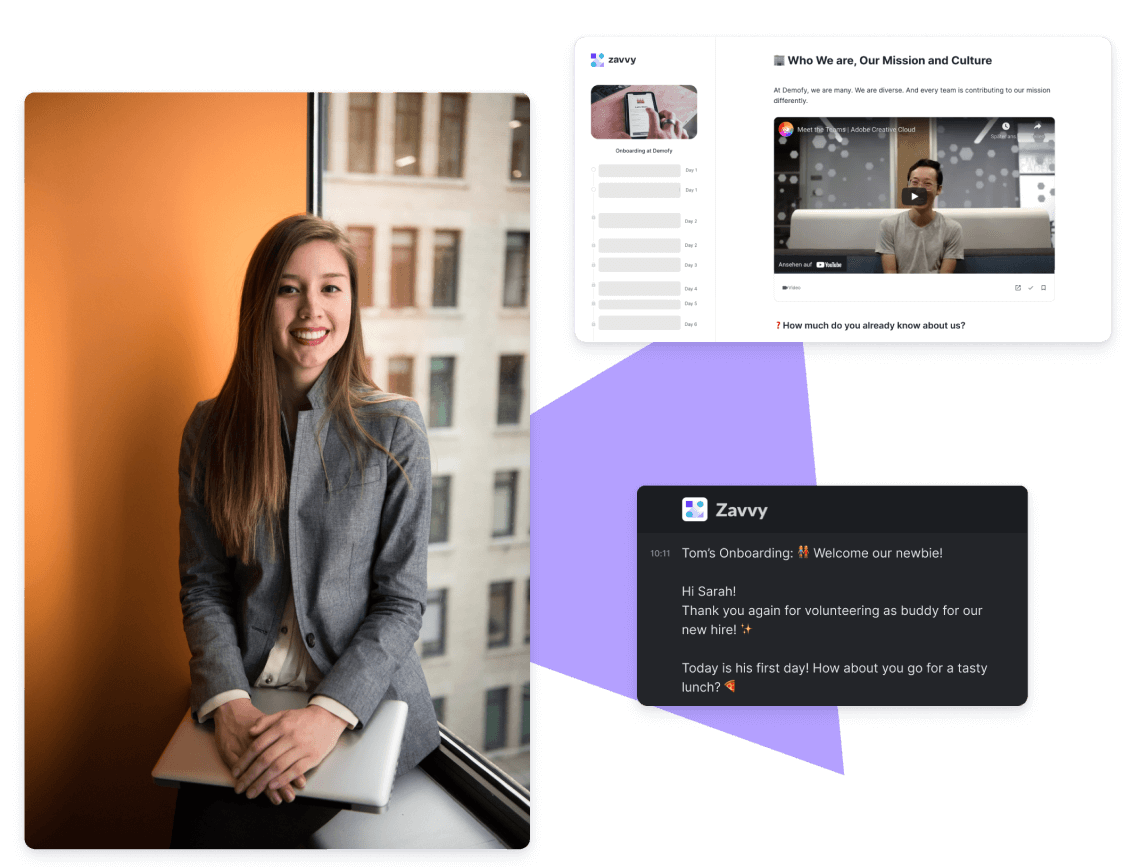



















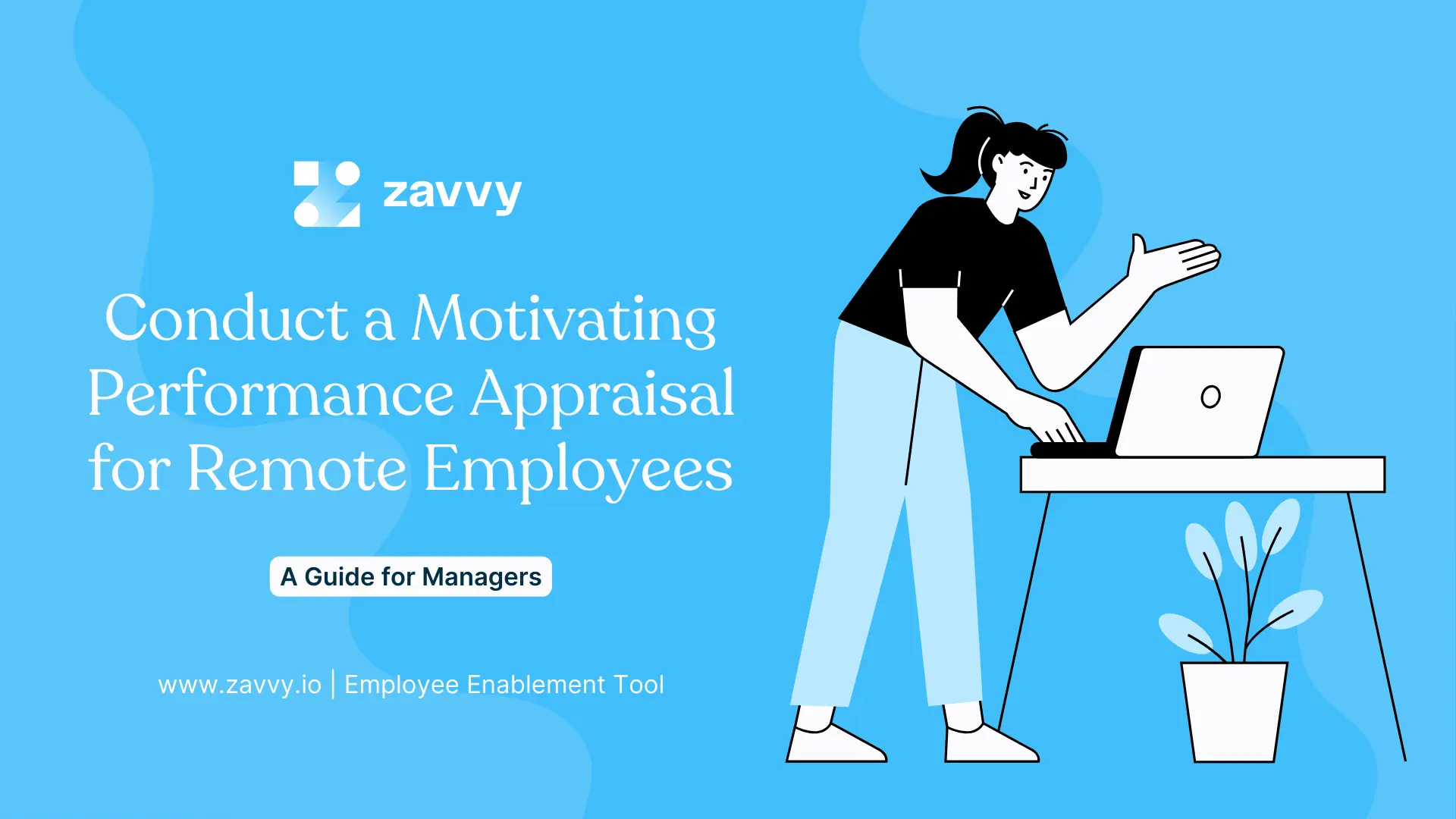
.png)







